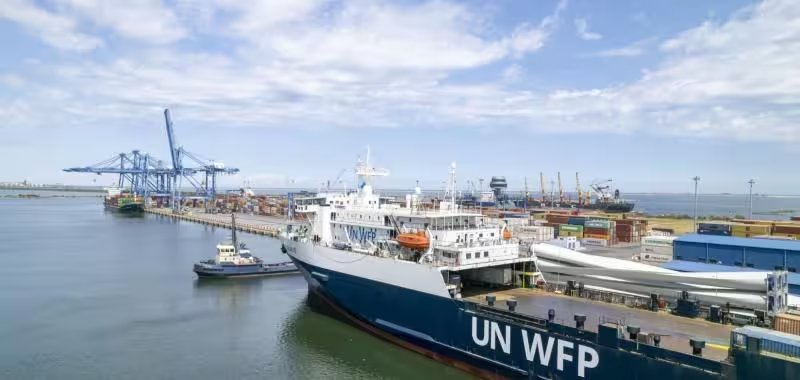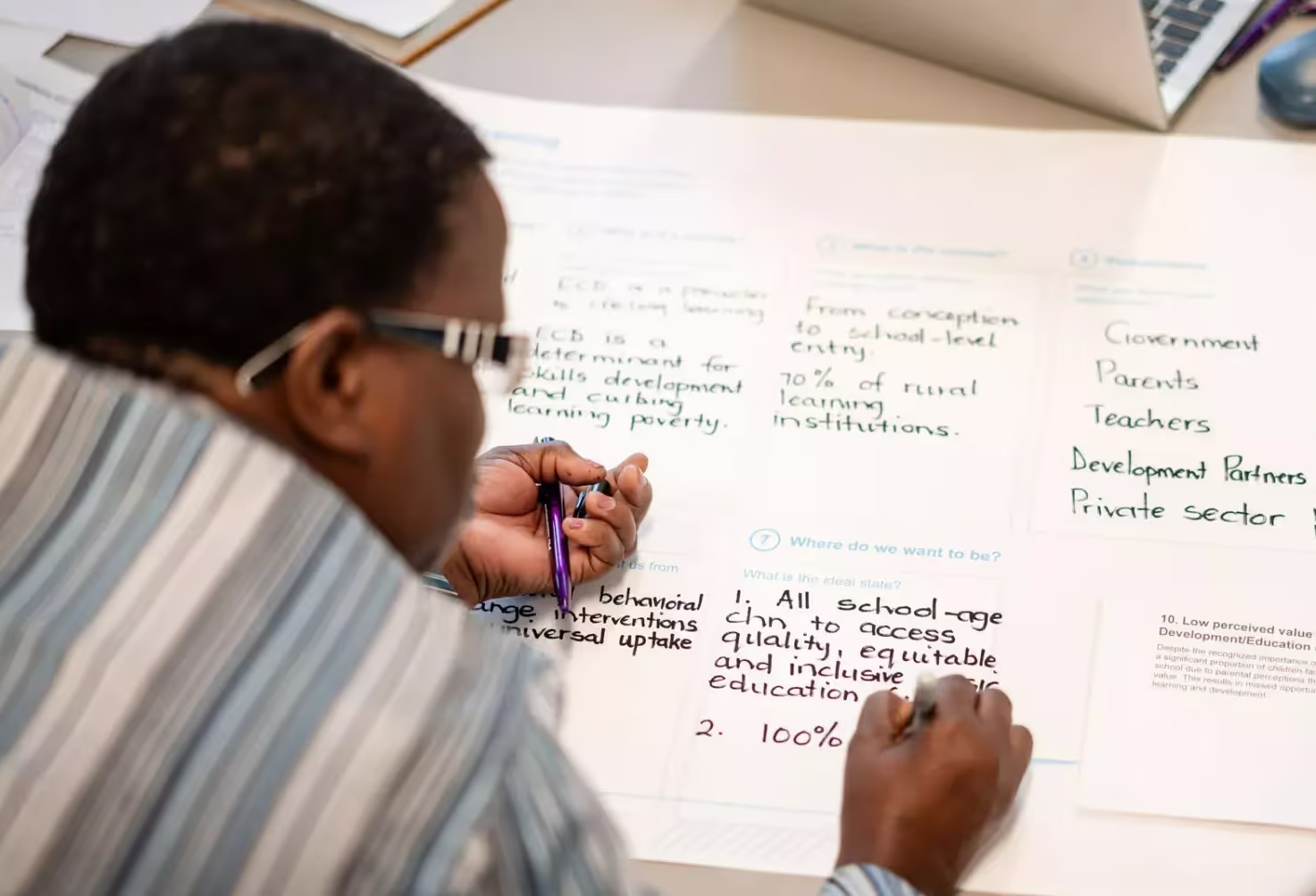goLandRegistry

goLandRegistry is an innovative, blockchain technology-based software solution that supports government efforts to ensure systematic, transparent, and secure online land registry management and data verification. It is part of a collaboration between OICT and UN-Habitat to provide a framework for the development of emerging technology tools and digital platforms to improve urban design and planning in South Asia. goLandRegistry leverages the public hybrid blockchain platform LTO Network for land registry deeds anchoring and verification. goLandRegitry aims at supporting Member States by: - Enabling survey, mapping and registration of land and properties in urban informal settlements - Employing emerging technology to map the property registration process and ensure that land occupancy certificates details are anchored into a decentralized public blockchain environment - Enabling property owners to demonstrate the authenticity of their land titles independently through the Open Source blockchain verification tool


.avif)

